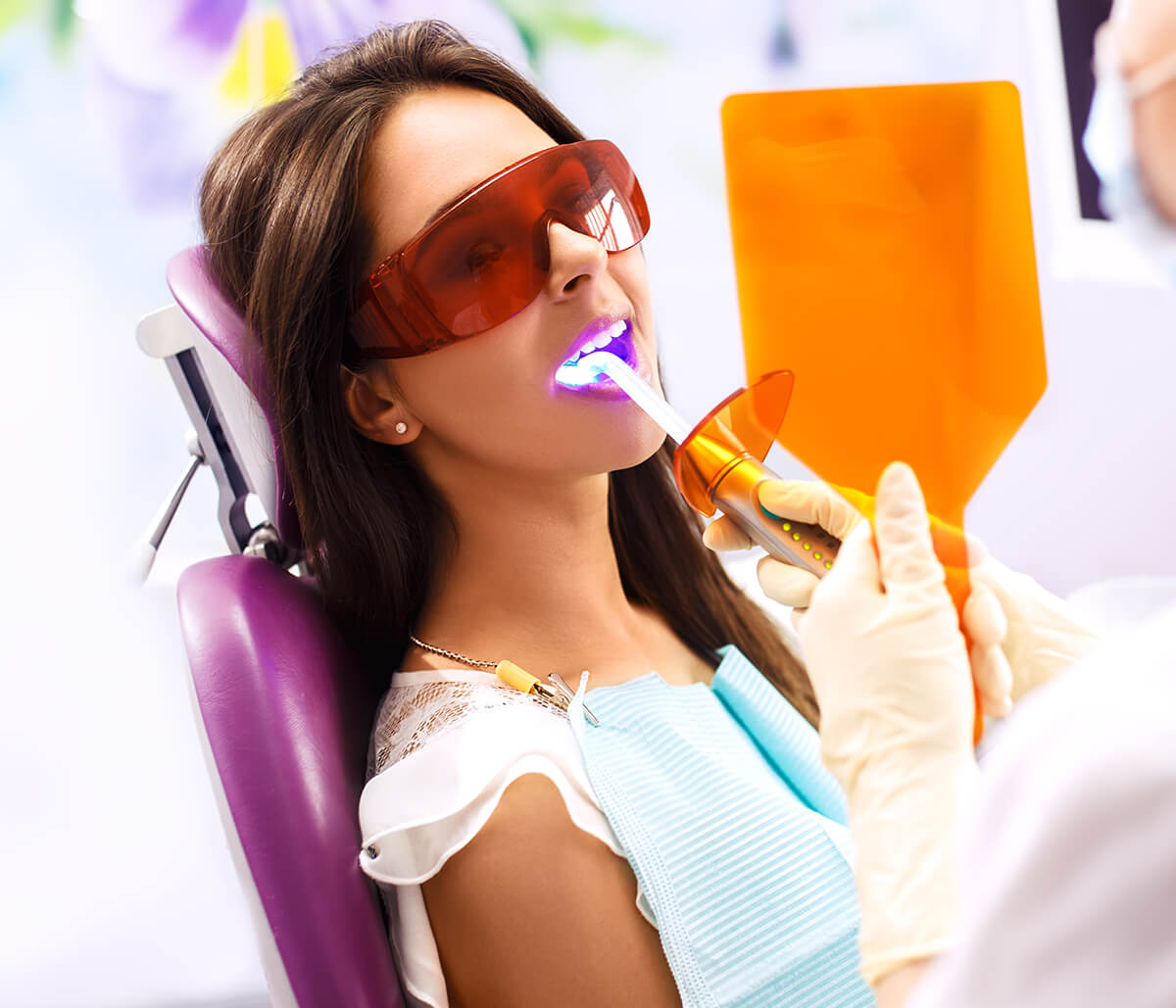
Cornelius, NC 28031, USA | Directions
25
Apr
Understanding Laser Dentistry and the Types of Lasers Used in Treatment

Traditionally, dentists have employed the use of hand tools such as drills to perform necessary dental work. Through various tools that poke and prod, dentists have been able to perform the work they need, even if it has not always been the most comfortable for patients. As dental technologies evolve, treatment options that are much more comfortable for patients are now being used. One such technology is the use of lasers in dentistry. If you seek laser dentistry services in Cary, North Carolina, you should visit Carl McMillan, DMD, PA: Holistic Dental Centers.
Understanding Laser Dentistry
When you see a dentist who incorporates laser dentistry into their toolbox, they will generally be working with two specific forms of lasers. One laser is designed to work with soft tissues such as your gums, while another laser is designated for hard tissue treatments on your teeth and bone. Let us look a bit deeper into each of these laser types.
Soft Tissue Laser
Soft tissue lasers are incredibly efficient at water and hemoglobin absorption, making them great for treating soft tissue problems. Soft tissue lasers, including diode lasers and Neodymium YAG, help kill bacteria that reside in the mouth while promoting the healing and growth of tissues. This laser penetrates the soft tissue of your mouth while sealing both blood vessels and nerve lining. That promotes faster healing and is one of the primary reasons dentists adopt soft tissue laser treatments.
Hard Tissue Laser
Dentists employ hard tissue lasers because they can be used to cut into teeth with incredible precision and accuracy. Hard tissue lasers are very popular in cutting out decayed tooth material before a filling is placed. Hard tissue lasers are also used to prepare and shape teeth for composite bonding.
As dental technology continuously evolves, some lasers are being released, which now can generate both hard and soft tissue lasers within the same tool. That makes the use of lasers in dentistry more efficient than ever before. If you are interested in learning more about laser dentistry and what it can offer, please call, and schedule an appointment with Dr. Carl McMillan at (919) 865-0700.

Dr. Carl McMillan is a holistic dentist with a medical degree from the College of Dental Medicine of the Medical University of South Carolina. Due to his expertise, he was honored with the International Academy of Oral Medicine and Toxicology (IAOMT) presidency. He is compassionate towards patients and committed to providing them with safe, toxic-free dental treatments to help them maintain a happy and healthy smile.
Dr. Luis Crespo obtained his Doctorate of Dental Surgery from the West Virginia University School of Dentistry. An IAOMT member, he believes prevention is the best medicine and strives to educate both patients and parents on the benefits of maintaining a healthy mind, body, and spirit. He has served underprivileged communities across the world.
Dr. Erin Wilbanks graduated from Louisiana State University School of Dentistry in New Orleans with a Doctor of Dental Surgery degree. She is an accredited IAOMT member, is SMART (Safe Mercury Amalgam Removal Technique) certified and is a member of the Academy of General Dentistry.


